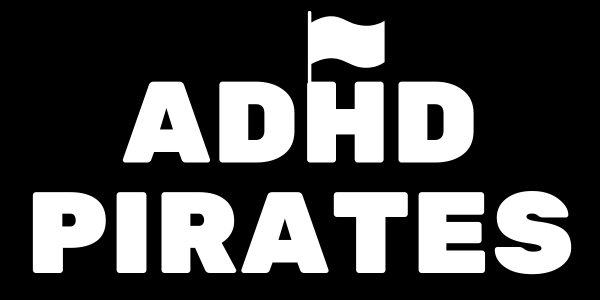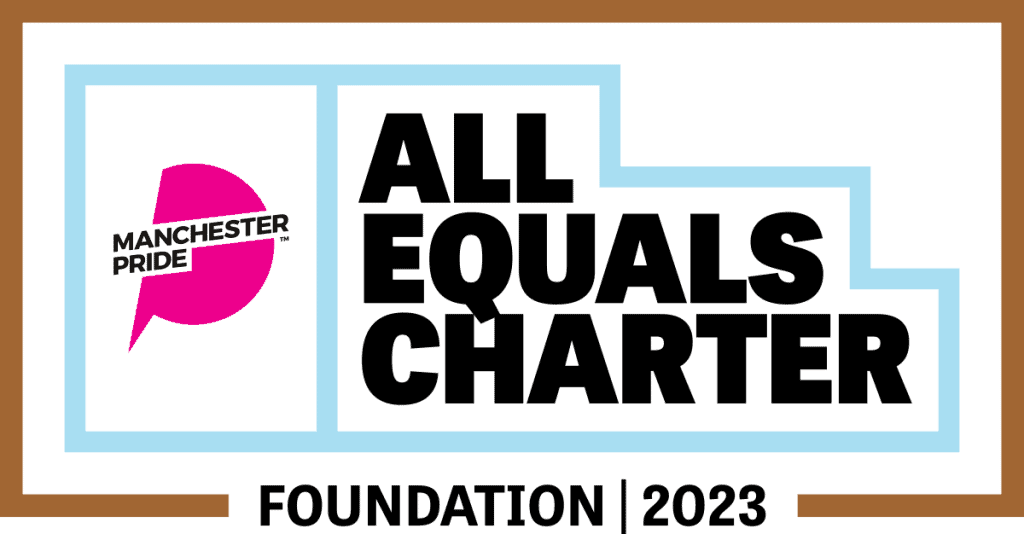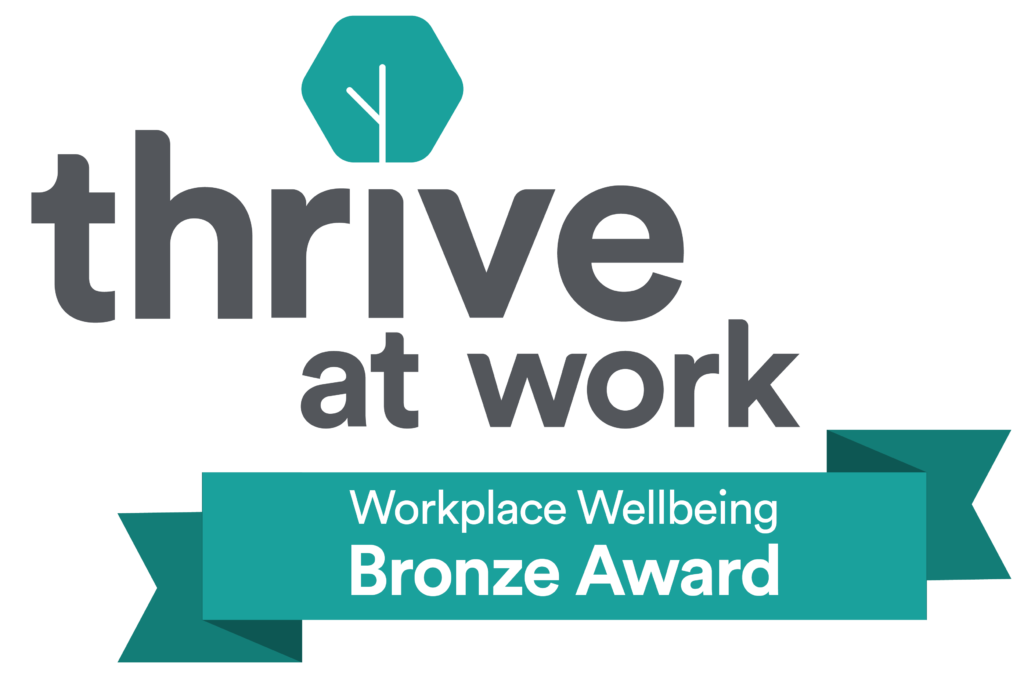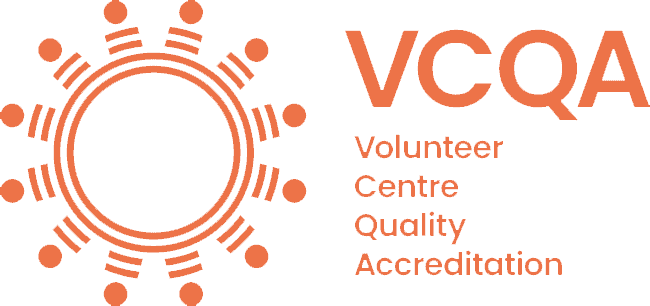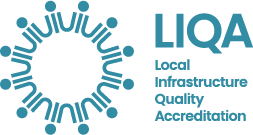Continuing our focus on inclusion and our mission to ensure all individuals are given the opportunity to thrive at Support Staffordshire and the organisations we work for, this month we will be turning our attention to Neurodiversity and in particular ADHD. Our spotlight this month falling on one of our newer members, ADHD Pirates.
ADHD is a very complex disorder, which currently affects an estimated 708,000 children and 1.9m adults in the U.K. However, like many other neurological conditions, the disorder presents itself in different ways, in each induvial with the condition. There are 3 sub-types of ADHD.
- The inattentive subtype accounts for 20% to 30% of cases.
- The hyperactive-impulsive subtype accounts for around 15% of cases.
- The combined subtype accounts for 50% to 75% of cases.
As you can see, it is more complex than a lot of people realise. There are also many individuals who are still waiting for a diagnosis and support for managing their condition. According to NICE, for a child the wait for an NHS assessment is anywhere between 5 weeks and 5 years and for an adult 12 weeks to 10 years, depending on which area of the U.K. you live in. Often people can’t access appropriate support services until they receive a diagnosis, which can have a massive impact on their life and overall wellbeing. Especially when also according to NICE, ADHD is associated with poverty, lower family income and social class. In adults, it is more frequent in the unemployed and in people with disabilities. This is why there is a massive need for organisations like ADHD pirates.
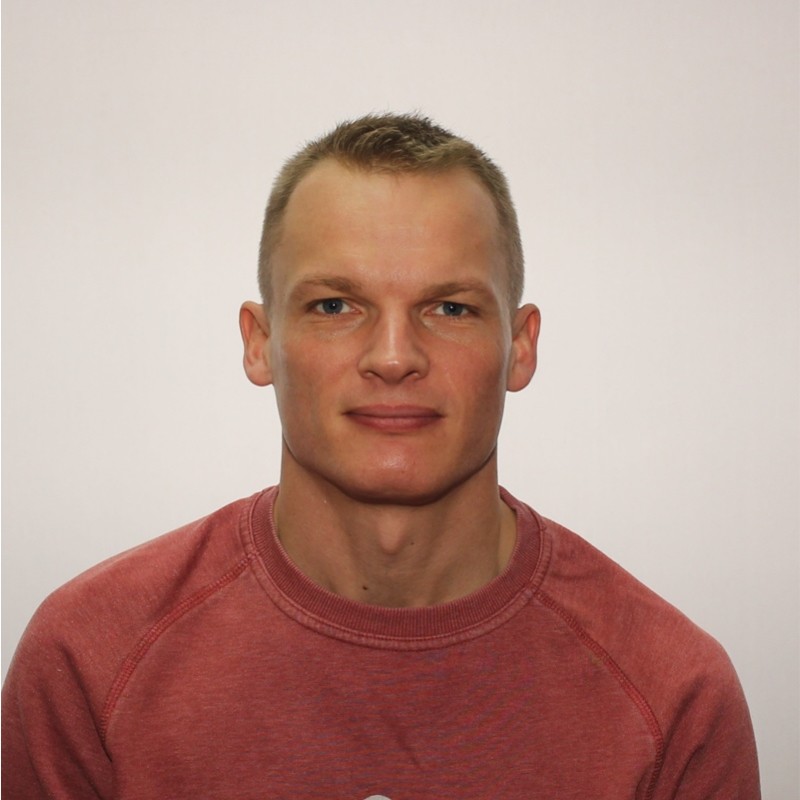
ADHD Pirates was founded by Robert Walmsley, who himself has experience of living with ADHD. His own personal journey was a long and difficult one and he soon realised it wasn’t just about getting a diagnosis but navigating the world with the condition. Robert comes from an academic background and it was while he was working at university, he started to realise more about the condition and how it affected himself and others. During his time there, he worked with several colleagues and students many of whom were also ADHDers—who were pioneering innovative teaching and learning strategies for neurodivergent individuals like Robert. This experience reinforced what he had already learned over the years: there’s no single solution that works for everyone, and the best approaches embrace flexibility and creativity.
By nature, Robert has always had a curious mind and so he wanted to research more into the condition. At first, he thought it was really positive there was so much information out there, but he soon realised it wasn’t as great as it first seemed. Whilst delving deeper, he realised how difficult it was to find useful information. He found lots of it to be fragmented and more opinion based rather than factual. As much as it heartened him to realise, that as well as the negative portrayal of the condition in the media, there were people who were raising awareness of the condition, he found it frustrating that a lot of misinformation was presented through these channels. Often information that didn’t take account of how each individual was unique and the disorder would impact on the individual differently, as they had to navigate unique personal circumstances. This fuelled a desire within him to change that.
When he finally received his diagnosis, he wanted to be as open about it as possible, especially with employers. His hope was that by being open they would try and understand him a little better and support him to thrive at work. Unfortunately, this wasn’t the case as he found his experiences aligned with common challenges that many ADHDers share—such as a lack of clear communication, inconsistent support, and rigid workplace structures that don’t allow for different ways of working. Eventually resulting in ADHD Pirates being born. ADHD Pirates exists to help bridge these gaps by working with both individuals and organisations to create meaningful change.
What does the organisation do?
This quote from their website brilliantly explains their name and what the organisation is about.
‘Inspired by the spirit of the Golden Age pirates, who were progressive and inclusive, we challenge the status quo to create fairer, more supportive structures. Like these pirates, who welcomed diversity and innovation, we strive for a world where everyone, regardless of neurodivergence or background, can succeed and be understood.’
It is clear to see that Robert is extremely passionate about supporting both individuals, their friends, families and organisations to achieve these goals. His ethos comes from the knowledge that for a person with ADHD to really thrive, themselves and all around them need to understand them as a person and be able to find ways to support them; particularly adults, who may have received a later diagnosis and need support with acceptance. ADHD Pirates is a service that focuses on adults and providing them with the support needed.
The first thing that the organisation offers, is a peer support group. These groups are aimed to be a place where individuals can come to learn about ADHD and neurodiversity as a whole. Robert knows how isolating living with the condition can be, so the group aims to connect people through sharing lived experiences, offering advice and support about coping strategies, discussing the diagnosis process and how to access services. It aims to do this in a relaxed friendly environment, which encourages people to be as open and honest as possible. Another key aim is to include all, no matter what stage of their own personal ADHD journey they are at. Robert was keen to highlight, while diagnosis can be an important step for many, ADHD Pirates focuses on supporting adults at any stage of their journey, whether they have a formal diagnosis or not. They believe in making resources accessible to anyone who identifies with ADHD-related challenges, ensuring that support is not dependent on formal pathways. As well as doing this through support groups, ADHD Pirates ensures it does this through the resources it shares. As mentioned previously, when Robert began researching ADHD himself, he found there was a lot of misinformation out there and a lot of what was pertinent was fragmented. Therefore, ADHD Pirates aims to ensure any resources that they do recommend are thoroughly researched and highly revered within the ADHD community. Aiding this a wide range of resources are recommended by their website including books, supportive organisations, YouTube and Tik Tok videos, courses, assistive technology and articles; making sure that they are accessible to all and presented in formats that appeal to the needs of different people. Robert has made it one if his main goals to ensure that any information shared through the organisation is accurate and serve to only benefit the individuals who access them.
To support this Robert himself, researches and writes his own articles which he publishes through his website. Coming from an academic background, Robert is keen to ensure that he explores more complex themes as well as offer advice and guidance; looking at evidenced based ideas that can help challenge some of the unsafe ideals around ADHD. These can be found on his website here and include:
ADHD: Beyond Gendered Stereotypes – ADHD Pirates
Beyond Inattention: Exploring Emotional Intensity in ADHD – ADHD Pirates
Is ADHD Over diagnosed in the UK? Examining the Evidence – ADHD Pirates
It is really important to Robert, that the organisation promotes accurate support but also challenges misinformation that is often spread around. Hence why he invests so much time in writing these and making them available.
Finally, one of the key things that the organisation strives to support is helping people with ADHD in the workplace and creating a bridge between themselves and employers. Robert’s previous experiences have led him to understand how unsuccessful working environments can have a detrimental effect on people’s mental health. That’s why he has focussed a lot of his energy in finding ways to break down barriers. It is a sad fact that there is a higher rate of unemployment with ADHD and there is a clear link between working environment and this. Thus, why there is a dedicated page to workplace resources on the organisation’s website. Here you can find 3 articles co-written between Robert and specialised employment lawyers, which explicitly detail ways in which workplaces can be adaptive and supportive to all, especially those with ADHD. Robert states that the series equips you with the knowledge to navigate employment law and implement best practices, ensuring every employee can thrive. Alongside this they also offer to connect employers and employees with specialist employment lawyers to guarantee they are giving and receiving best practises to support inclusion in the workplace.
That’s why ADHD Pirates is such an important organisation. It’s belief that everyone has the right to thrive and can be supported to do this in all areas of life, is vital to their practise. We need groups like this and people like Robert to help individuals access and advocate for their rights, creating opportunities for them to flourish.
What impact has ADHD Pirates had in their community?
As a new organisation sometimes, it can be hard to show the impact that you’ve had so far. However, ADHD Pirates has already made a difference to some people it has helped.
It’s not just within the local community or even on a national level, their impact has been felt. Robert was surprised to be contacted by a Professor at an American college, who told him how his resources have helped shaped the education of one of his students. The student in question, used some of the resources and information on their website to write his own article on how to support neurodivergent individuals achieve their potential in college. The professor acknowledged they would now use this to help look at some of their practises in the future. So not only did the organisation help that one student find ways to make adjustments for himself, in the future it will help other students find ways to help them achieve their potential as well as the institution support them in the best way they can.
In terms of more locally, many people have accessed the resources on his website to help them navigate their own circumstances. Robert has supported people with how to apply and use the ‘Access to Work’ grant. Some people who wouldn’t have been aware of this or the possible up to £60,000 of funding they could have received to help them have now been able to thrive at work. Being able to access resources to support their work, as well as counselling and mental health support, means they can be more productive at work, benefitting themselves and their employers.
As well as this, he has produced a guide on barriers to getting an assessment which has been used to help people get the diagnosis and support they need. Robert has been able to use his lived experience to advise people on services such as ‘The Right to Choose’ which previously they weren’t aware of. This has allowed people to feel like they have some autonomy in their journey by allowing them to choose their own path to get the right diagnosis and support for them. Again, ensuring that each individual is catered for and acknowledging each person is unique in what they need so should have a say in what is right for them.
Finally, Robert hopes that once they have been established the peer group support will feed into everything and support the development of future resources. He hopes that by using other’s lived experiences and understanding what living with ADHD is like for each individual, they will develop strategies and resources to support earlier intervention. According to a study carried out by Young and Cocallis in 2021, 25% of adults in prison have ADHD, almost ten times more than in the general population. Alongside this, we have already mentioned how it can impact on unemployment and socio-economic status, all of which can have detrimental effects on mental health. Robert’s hope is by helping people get support earlier that he can support this statistic improve on a regional level at least and give people better chances and opportunities to thrive in their lives and communities.
How have Support Staffordshire supported the organisation?
As a relatively new member of Support Staffordshire, Robert is thankful for the initial support he’s been given. So far, he’s been very grateful to access our training and a benefit of being a member is that he’s done so for free. As a neurodivergent leader, he often needs more support with paperwork, such as policies and procedures—something he’s found particularly useful through Support Staffordshire’s free training.
He’s also been able to attend both the locality and VCSE Healthy Communities Alliance forums. This has been a starting point for him to meet people and start to network and spread the word about his organisation. Although, he has only made a few connections as to now, he hopes to expand the amount of contacts and support he can get in the future. He has already presented at the Countywide Mental Health Forum and will be updating members of the Southwest Staffordshire Healthy Communities forum on his new website, resources and services, this month. Therefore, Support Staffordshire have given him the opportunity to share his knowledge with others within the county. The fact that Support Staffordshire was able to add him to the Staffordshire Connects Database and make links with the County Council through this, has also helped him promote his services and reach more people.
Finally, he is grateful for having the support of his Locality Officer, Anne Saxon. Robert says Anne has given him some really good advice to start with and is always supportive and helpful when he communicates with her. It has helped him build the foundations for what will hopefully be a successful working relationship between our organisations.
However, this is all still in its infancy and he wishes to work more closely with us in the future and access more of the support we offer. One of the biggest challenges for people with ADHD is shaping long-term plans and demonstrating potential impact in a way that funders can easily understand. This is where we are looking for further support, as clear funding narratives can be particularly difficult for ADHDers to articulate. He really hopes Support Staffordshire can help him with this and support him in getting more funding. in the direction of appropriate avenues to apply for this. He would also like to link up with our social prescribers so they can fully understand what he has to offer and then pass that onto any of their clients it is appropriate to. He hopes that this could be a way for those clients to access support and begin to thrive. Hopefully Support Staffordshire can use its expertise and experience to help Robert realise his goals.
As an organisation which has members of Staff who themselves identify as a neurodivergent individual or have family members who are neurodivergent individuals, it is a privilege to have organisations like ADHD Pirates as one of our members. We have first-hand experience of how difficult it can be to thrive in certain environments and have people accept you as an individual with different needs to them. So, it is so heartening that there are people and organisations out there who not only recognise neurodivergent people’s unique way of viewing the world but support others in helping them embrace it and thrive in that world. Not only that, but helping these individuals realise that they are not alone in the world as there are others like them, which helps them feel they have a place in the world. The fact that they treat each journey as an individual one, which may be different to others who have the same diagnosis as you, empowers people even more to be able to navigate their world, their way. Knowing that organisations like ADHD Pirates exist, makes us hopeful that in the future people with ADHD and other forms of neurodiversity will not only be understood but be able to succeed in the world; that everyone will find their own way and place to shine. And what a brighter world it will be for it.

